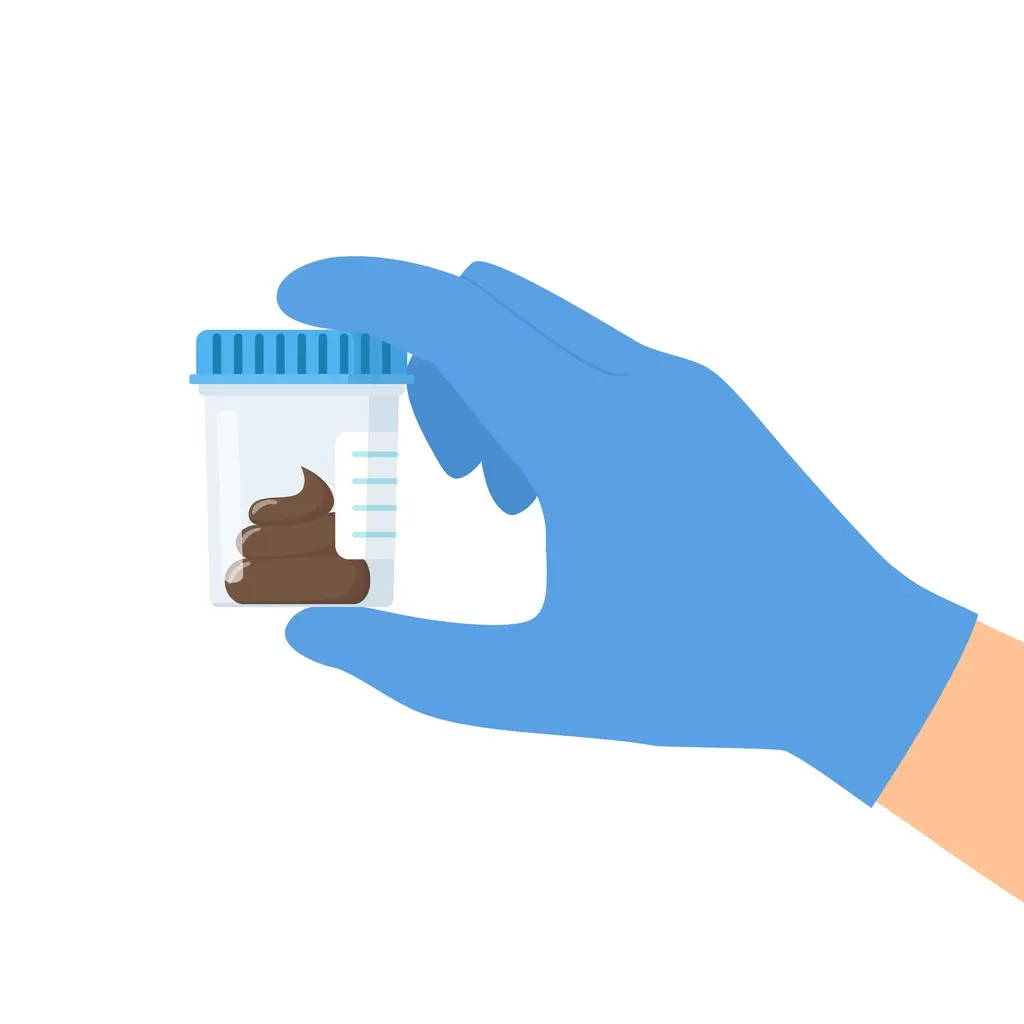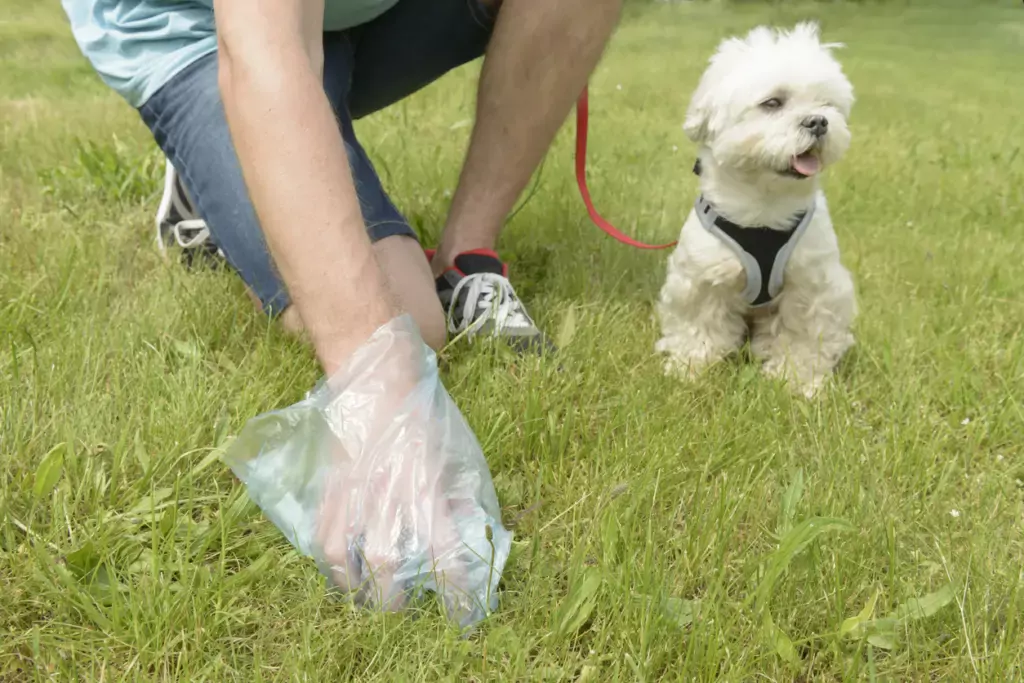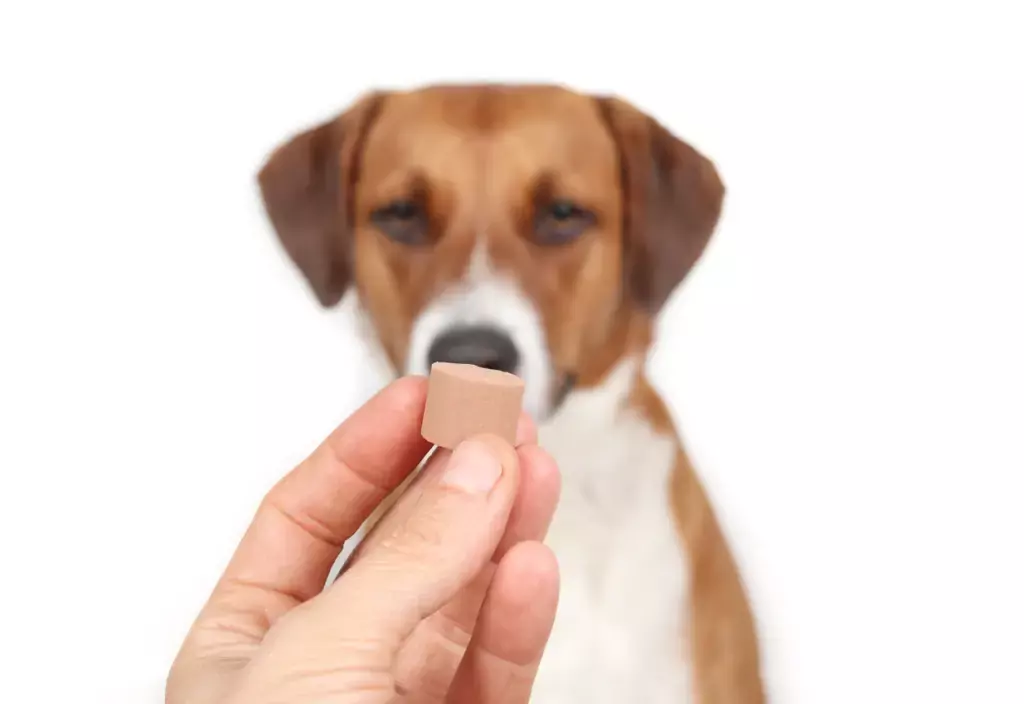Parasites are everywhere, and your pet can pick them up from other pets and wildlife. Most pet owners understand they need to have their pets periodically dewormed. However, they often aren’t sure why deworming matters, how worms look, where their pet contracted worms, or worms’ potential impact on their four-legged friends’ health. Let’s take a look at common intestinal worms dogs and cats can contract.

How do pets get worms?
A pet can contract worms by ingesting an infected animal’s feces that contains worm eggs. In addition, if a mother is infected, she can transmit worms to her progeny before or shortly after giving birth. Mother-to-offspring transmission is extremely common in dogs and cats because worms have a clever life cycle hack: They hide dormant and undetected for years within a female’s body, and reactivate during pregnancy. As a result, most puppies and kittens are born with roundworms or hookworms, the most common worm species.
Tapeworms, another common intestinal worm type, require an intermediate host for transmission. A pet must eat the intermediate host, either a flea or a small mammal, to contract tapeworms. A tapeworm infection often indicates a current or past flea infestation.
Why are worms harmful to pets?
Worms live inside the intestines, damaging the host’s intestinal walls, stealing nutrients from the food they eat, or feeding on their blood. The inflammation worms cause often leads to diarrhea, but a severe infestation may also result in weight loss or anemia. Infected pets can pass worm eggs into the environment, where they can infect other pets and animals or re-infect their host.

Can pets transmit worms to people?
Some worms can impact a person’s health, which is a major concern for households with children or immunocompromised adults. If a child ingests a roundworm egg after touching a pet’s rear end or playing in an area contaminated with infected stool (e.g., a sandbox), worm larvae can migrate into their brain or eye tissue and cause serious, permanent damage. By keeping your pet worm-free, always thoroughly cleaning up after your pet has defecated, and teaching children good hand hygiene, you help prevent a potential tragedy.
What do worms look like in pet feces?
Most worms living inside your pet’s intestines do not pass into the feces. However, live worms lay microscopic eggs, which your primary care veterinarian can only detect by performing a fecal floatation test. If your pet has diarrhea, a pot-bellied appearance, or a social lifestyle, your veterinarian may suspect parasites.
On occasion, you may find a live or dead worm in your pet’s stool or vomit, especially if they were recently treated with a dewormer or if they have a particularly severe infestation. Roundworms are large, white, and round, resembling spaghetti noodles. Tapeworms are segmented, and you will most likely not see an entire worm but individual segments that resemble rice grains around your pet’s behind, on their stool, in the litterbox, or dried up in their bedding.

Should I give my pet a deworming treatment?
You can purchase some over-the-counter (OTC) deworming treatments, but if your veterinarian does not examine your pet, you won’t know whether the treatment has been effective. Rather than regularly deworming your pet with these medications, ask your veterinarian to check a poop sample once or twice per year. If the stool sample indicates worm eggs, your veterinarian can resolve the problem by prescribing appropriate medication.

What should I do if I think my pet has worms?
Don’t panic if you see worms in your pet’s stool. Although gross, intestinal parasites are not a life-threatening emergency. Sometimes, what you see is actually food debris or mucous strands. To know for sure, save a small stool sample and a few of the worms in a baggie or disposable plastic container and bring them to your primary care veterinarian during their next business day. Your veterinarian can confirm the worm type and run fecal tests to detect other parasite eggs, and prescribe the appropriate medication.

Our UrgentVet care teams are available during extended evening and weekend hours for pets who need urgent, nonemergency medical care outside of their primary care veterinarian’s normal business hours. We provide a low-stress environment and gentle touch, treating your pet as if they were our own. Learn more about the conditions we treat or find a location near you so you’re always prepared for your furry pal’s health needs—because your pet can’t wait to feel better.






